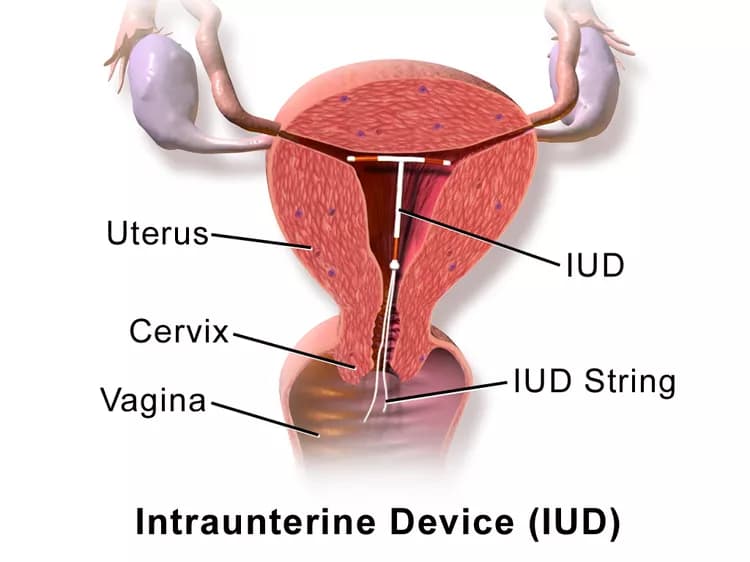
Contraceptive Implants, Injections Associated With Repeat Abortions
Women who used contraceptive implants or injections after an initial termination were among those with an increased likelihood of a repeat abortion in the long term, finds a study published online in the Journal of Family Planning and Reproductive Health Care.
The large UK study found that women who used either implants or the contraceptive injection Depo-Provera were more likely to have another abortion 2-5 years after the first termination compared to those who used other methods.
Long-acting reversible contraception (LARC) such as implants and Depo-Provera are often promoted as contraceptive method of choice for women undergoing abortion.
While LARC methods are 'effective', explain the authors, "discontinuation rates are high, and therefore make terminations more likely."
Reasons for discontinuation of implants and injectable contraceptive methods include side effects such as irregular bleeding, and the need for periodic replacement.
The authors do not advise against the use of contraceptive implants and injections. Instead, they call for careful contraceptive counselling that takes into consideration women's views, and for continued follow-up, particularly after the initial 2-year period.
Around one-third of women have more than one termination in the UK. Abortion is safe overall, but can be distressing, and is ethically complex, and occasionally leads to complications such as preterm labour in subsequent pregnancies.
"From a public health perspective there is a need to identify women who are more likely to have repeat terminations and put in place targeted interventions to prevent unplanned pregnancies," write the authors from the University of Aberdeen and NHS Grampian.
So they carried out a retrospective study using data from the Termination of Pregnancy Database in the NHS Grampian (Scotland) region between 1997 and 2003.
The study took into account factors, such as age, socioeconomic deprivation, previous obstetric history, and sexual health history.
Of the 13,621 women who had an initial termination, 23.4% went on to have a repeat abortion.
Results showed that women aged below 20 years at the initial termination had an estimated 5.59 times higher chance of having a repeat termination.
Women with two previous live births at the time of their initial termination had an estimated 1.51 higher likelihood of having a repeat termination compared to women with a single termination.
Women in the most socially deprived group had an estimated 1.23 higher chance of having a repeat termination when compared to those in the least deprived group.
Furthermore, these women were more likely to have been tested for blood borne virus and were more likely to test positively for a chlamydia infection.
Women with more than one termination were more likely to have had an implant as their post-termination contraceptive method.
And women who were fitted with an implant after their initial termination had an estimated 1.78 times higher chance of a repeat termination compared to those with no method, or unknown or natural methods of contraception 2 years after the initial termination.
This is an observational study, so no firm conclusions about cause and effect can be drawn.
Nevertheless, the authors suggest "a targeted call/recall system of follow up in the community may be effective in reducing discontinuation rates."
Furthermore, they recommend that 'downloadable mobile phone applications may play an important role in the future in reminding women that their contraceptive implant is due for renewal.'
The above post is reprinted from materials provided by BMJ. Note: Materials may be edited for content and length.
Disclaimer: DoveMed is not responsible for the adapted accuracy of news releases posted to DoveMed by contributing universities and institutions.
Primary Resource:
McCall, S. J., Flett, G., Okpo, E., & Bhattacharya, S. (2015). Who has a repeat abortion? Identifying women at risk of repeated terminations of pregnancy: analysis of routinely collected health care data. Journal of Family Planning and Reproductive Health Care, jfprhc-2014.
Related Articles
Test Your Knowledge
Asked by users
Related Centers
Related Specialties
Related Physicians
Related Procedures
Related Resources
Join DoveHubs
and connect with fellow professionals

0 Comments
Please log in to post a comment.